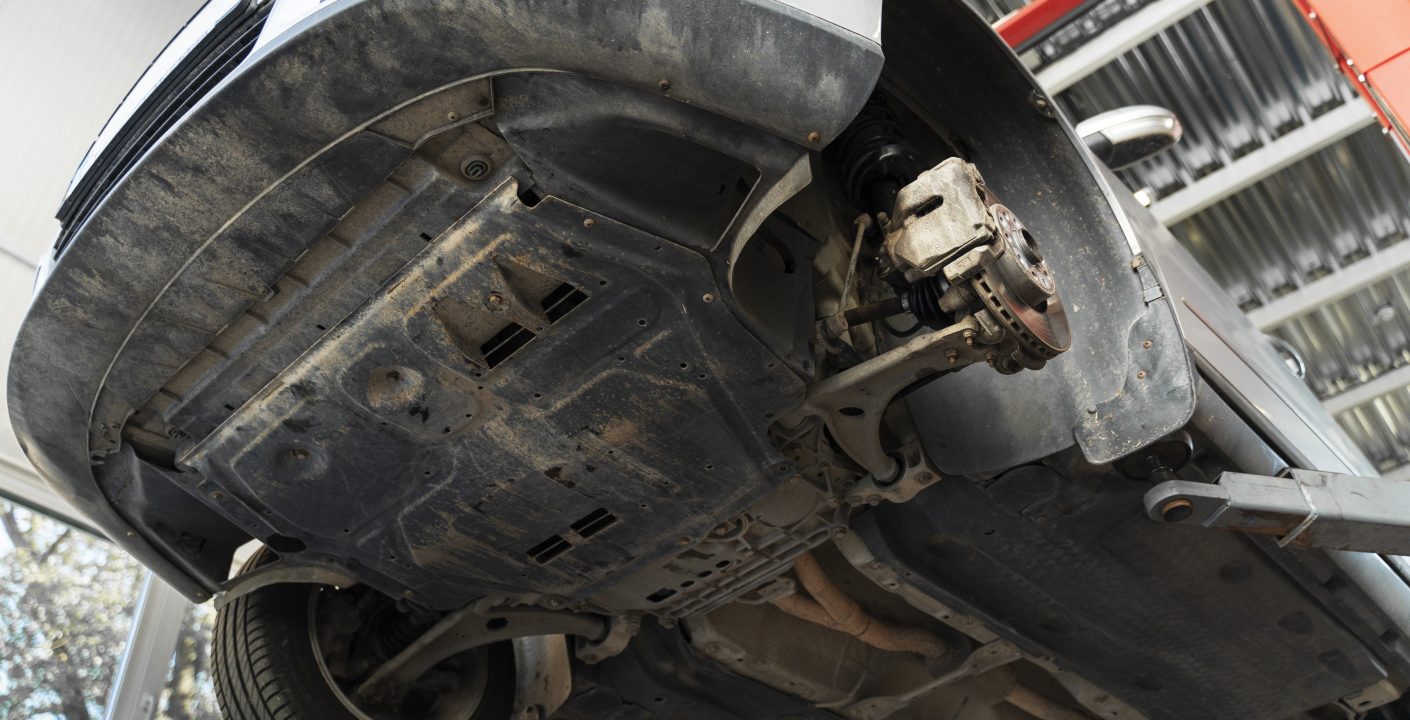The muffler is an integral part of your vehicle’s exhaust system, responsible for reducing noise and directing exhaust fumes away from the cabin. However, like most vehicle components, the muffler can wear out over time. A leaking muffler can lead to a variety of issues, ranging from excessive noise to serious safety concerns. Identifying the signs of a leaking muffler early can help prevent further damage and ensure your vehicle remains safe and roadworthy.
1. Loud Noises
One of the most noticeable signs of a leaking muffler is an increase in exhaust noise. If your car starts sounding louder than usual, particularly when accelerating, it could indicate a hole or crack in the muffler. Since the muffler is designed to reduce engine noise, any leak will allow that sound to escape more freely, creating a roaring or hissing noise that is hard to ignore.
2. Bad Odors
Your muffler helps divert exhaust gases, including dangerous carbon monoxide, away from your car. A leak can cause these gases to escape beneath your vehicle rather than being safely emitted from the rear exhaust pipe. If you notice a strong, unpleasant smell of exhaust fumes inside your car, it’s a major warning sign. Carbon monoxide exposure is dangerous, so this symptom should never be ignored.
3. Decrease in Fuel Efficiency
If your car’s fuel consumption seems to have worsened, it may be due to a muffler leak. A leaking exhaust system can cause the engine to work harder, requiring more fuel to maintain performance. While this may not be the most obvious sign, a sudden drop in miles per gallon (MPG) could indicate that your muffler or another part of your exhaust system needs inspection.
4. Visible Rust or Holes
Mufflers, especially in older cars or vehicles frequently exposed to moisture, can rust over time. Corrosion is a common cause of muffler leaks, leading to small holes that may not be noticeable at first. If you look under your car and see rust, corrosion, or visible holes in the muffler, it’s a clear indication that the component has been compromised and likely leaking.
5. Vibration or Rattling Sounds
A leaking muffler can cause unusual vibrations, especially if it has become loose or damaged. You may notice these vibrations coming from the exhaust or feel them inside the cabin, particularly when the car is idling or accelerating. Similarly, if you hear a rattling noise beneath your car, it could mean that parts of the muffler or exhaust system are coming loose due to rust or damage.
6. Check Engine Light
In some cases, a leaking muffler can trigger your vehicle’s check engine light. This is especially common if the leak affects your car’s oxygen sensor or emissions system. While the check engine light could indicate a range of issues, if you notice it alongside any of the above symptoms, it’s worth having your muffler checked out.
7. Poor Engine Performance
A leaking muffler can negatively impact engine performance by disrupting the exhaust flow and air-fuel balance. You might notice a reduction in acceleration power or a rougher ride. The engine might feel less responsive, or you could experience occasional stalling or misfiring.
A leaking muffler may start as a minor inconvenience, but if left unchecked, it can lead to more serious issues. From noisy drives to dangerous carbon monoxide exposure, recognizing the signs and causes of a leaking muffler can save you from costly repairs and ensure your safety. If you suspect a muffler leak, it’s best to have it inspected by a professional mechanic as soon as possible. Regular maintenance of your car’s exhaust system, including the muffler, is key to keeping your vehicle running smoothly, efficiently, and safely.



